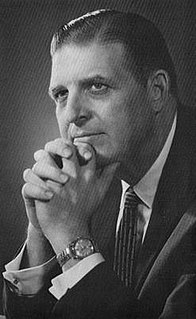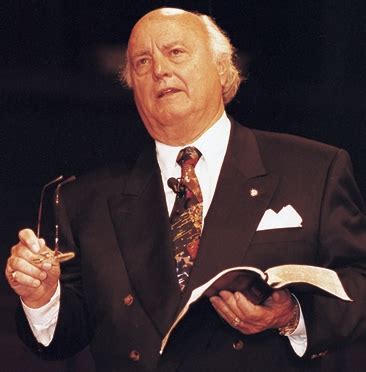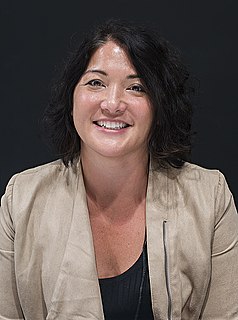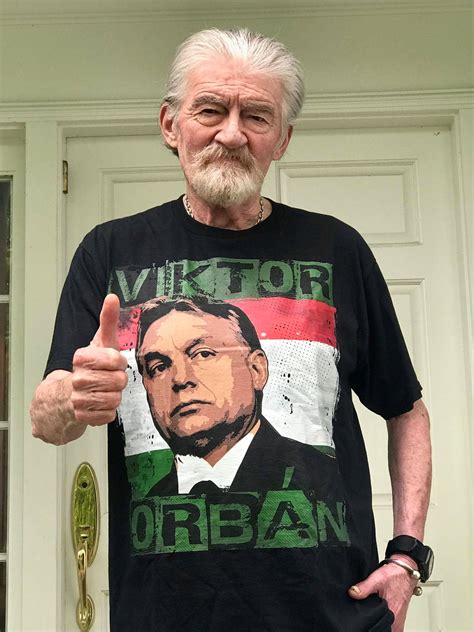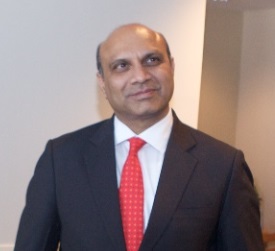A Quote by Frans de Waal
Personally, I think it is possible to build a society that is moral on a nonreligious basis, but the jury is still out on that.
Related Quotes
It's painful, but it's part of the recognition that makes real healing possible, if healing is possible (the jury is out on that, that's the usual phrase - should I say the jury is deadlocked?). Staying with the pain, attending to it, being present to and with it - that's the task, because that's the only (as far as I can tell) hope of finding a way forward.
I'm not saying that atheists can't act morally or have moral knowledge. But when I ascribe virtue to an atheist, it's as a theist who sees the atheist as conforming to objective moral values. The atheist, by contrast, has no such basis for morality. And yet all moral judgments require a basis for morality, some standard of right and wrong.
This is another thing which I really like investigating in my novels: what is it that makes an intimate society, that makes a society in which moral concern for others will be possible? Part of that I think are manners and ritual. We tried to get rid of manners, we tried to abolish manners in the '60s. Manners were very, very old-fashioned and un-cool. And of course we didn't realise that manners are the building blocks of proper moral relationships between people.
I believed there was enough evidence to go to trial. Grand jury said there wasn't. Okay, fine. Do I have a right to disagree with the grand jury? Many Americans believe O.J. Simpson was guilty. A jury said he wasn't. So I have as much right to question a jury as they do. Does it make somebody a racist? No! They just disagreed with the jury. So did I.
In accordance to the principles of doublethink, it does not matter if the war is not real, or when it is, that victory is not possible. The war is not meant to be won. It is meant to be continuous. The essential act of modern warfare is the destruction of the produce of human labour. A hierarchical society is only possible on the basis of poverty and ignorance. In principle, the war effort is always planned to keep society on the brink of starvation. The war is waged by the ruling group against its own subjects, and its object is not victory over Eurasia or Eastasia, but to keep the very structure of society intact.
I was very skeptical when he began, and there have been moments where I think he's shown absolute leadership, and I think the jury is out, still out. I haven't made any final decisions on him, but I've been surprised at times. I agree with him about one thing absolutely - George W. Bush said recently that he believed in prayer and exercise. So do I.




